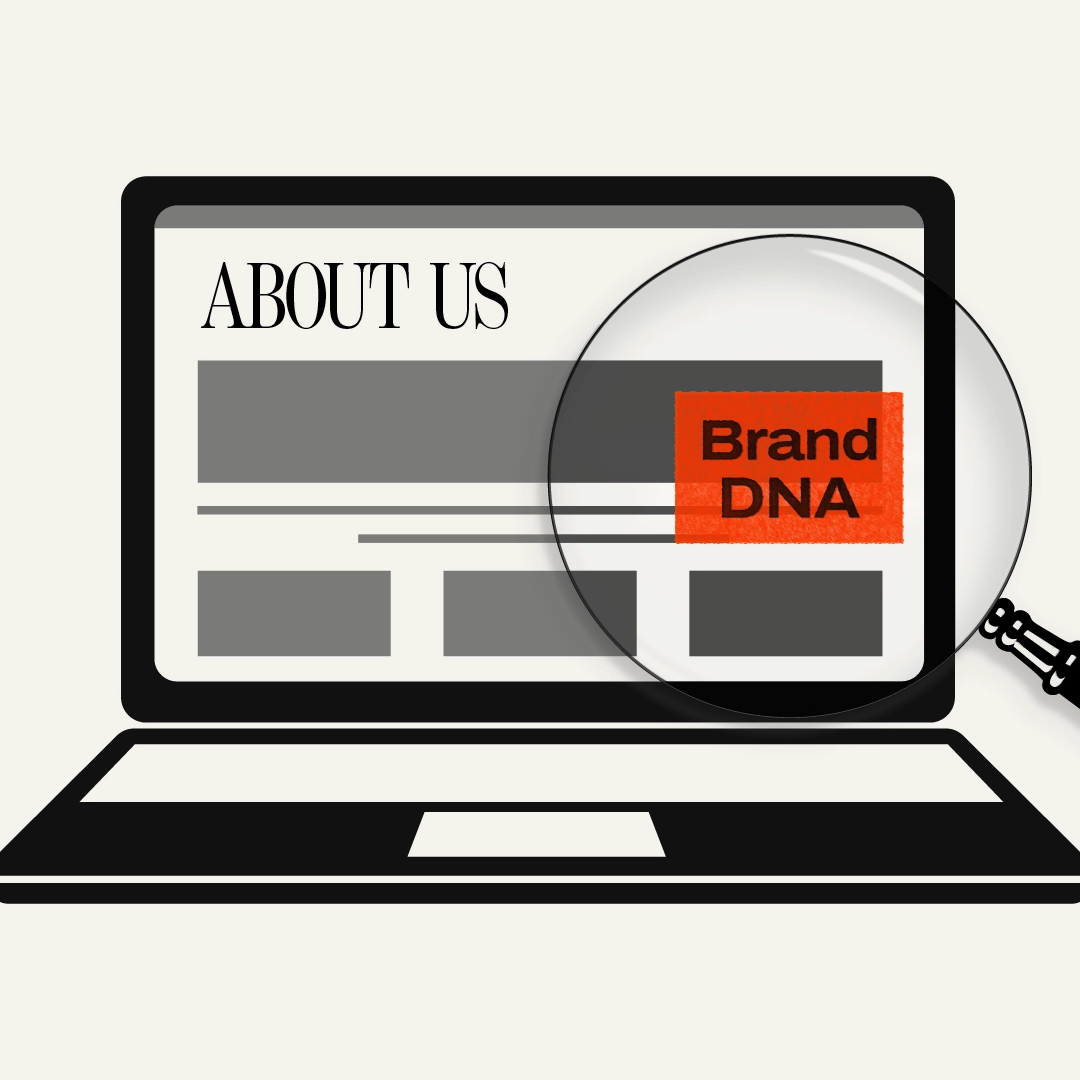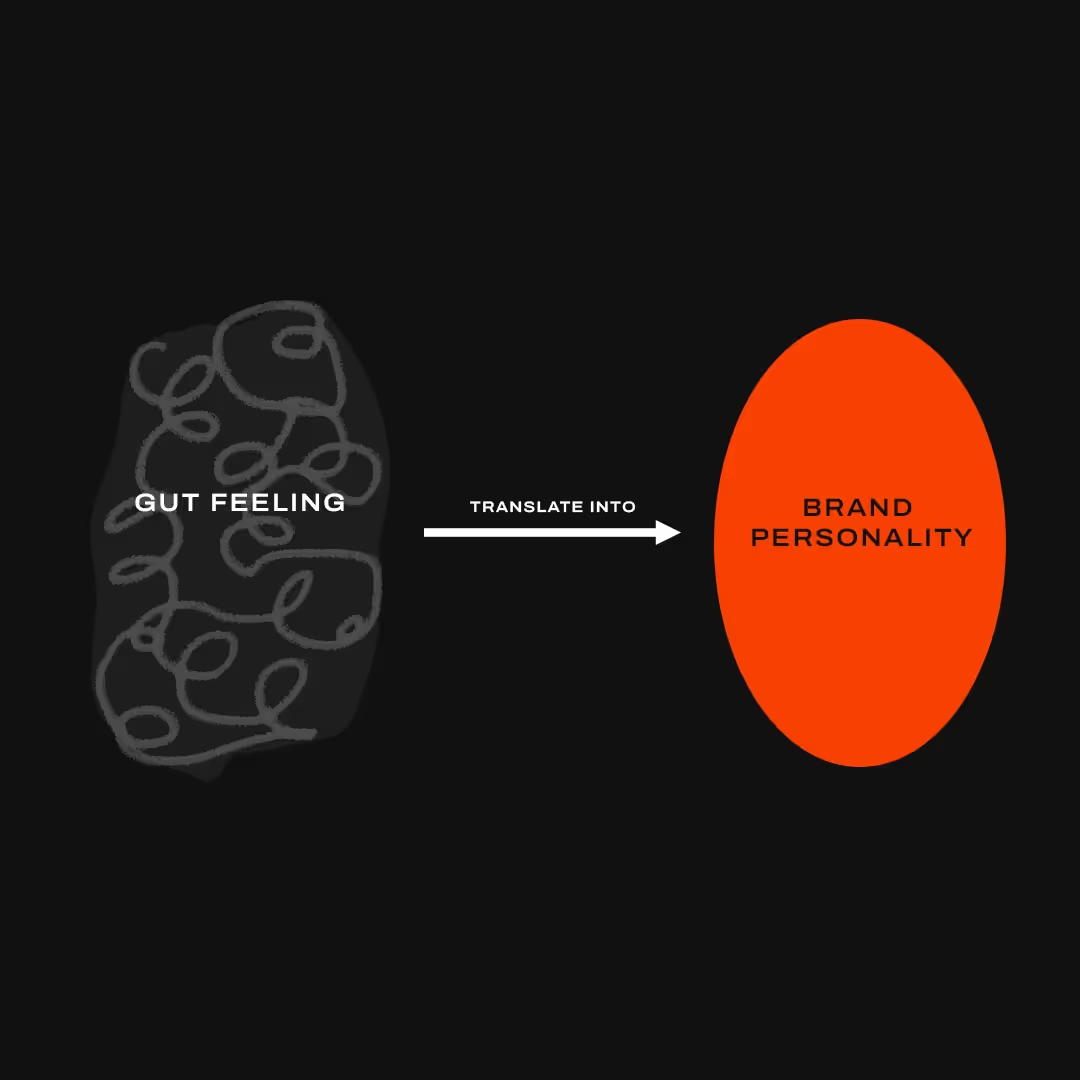
Unique Value Proposition (UVP)
In marketing, a company's value proposition refers to the collection of benefits and economic value it promises to provide to its current and potential customers. It is an essential element of a company's marketing strategy as it differentiates the brand and establishes its position in the market. A value proposition can be applicable to the entire organization, specific parts of it, customer accounts, or individual products and services.
Creating a value proposition is a crucial aspect of a company's overall business strategy. Kaplan and Norton stress that strategy is built upon a unique customer value proposition, as customer satisfaction is the key to sustainable value creation. Developing a value proposition involves evaluating and analyzing the benefits, costs, and overall value that an organization can deliver to its customers, prospective customers, and other relevant groups. It is also about positioning the value by considering the benefits minus the cost or economic risk.
A value proposition is often presented as a business or marketing statement known as a positioning statement. It summarizes why a consumer should choose a particular product or service over others, highlighting the added value or superior solution it offers. The positioning statement typically mentions the sector the company operates in, the products or services it provides, its target clients, and the distinctive attributes that set it apart from competitors. This statement is usually communicated to customers through various channels like the company's website and marketing materials.
On the other hand, a customer's value proposition refers to the subjective perception of the value, satisfaction, or usefulness they derive from a product or service. It is based on the unique features and personal and social values that the product or service delivers to the customer. The customer's value proposition is evaluated by comparing the total benefits received from the product to the monetary cost and non-monetary sacrifices required to obtain it. It's important to note that there can be a divergence between what the company believes its value proposition is and what customers perceive it to be.
A company's value propositions can evolve over time, with new values being added. For example, Apple's value proposition has undergone changes throughout the years. Initially, it emphasized creativity, elegance, and being "cool" as distinguishing factors. Later, it focused on providing a reliable, seamless, and user-friendly experience within its ecosystem. Recently, Apple has highlighted its commitment to protecting customer privacy as a differentiating value.
Tag
Wiki
Building brands with powerful market presence
The Accelerator

Leading Brands Choose us
Book in with one of our experts.





























































